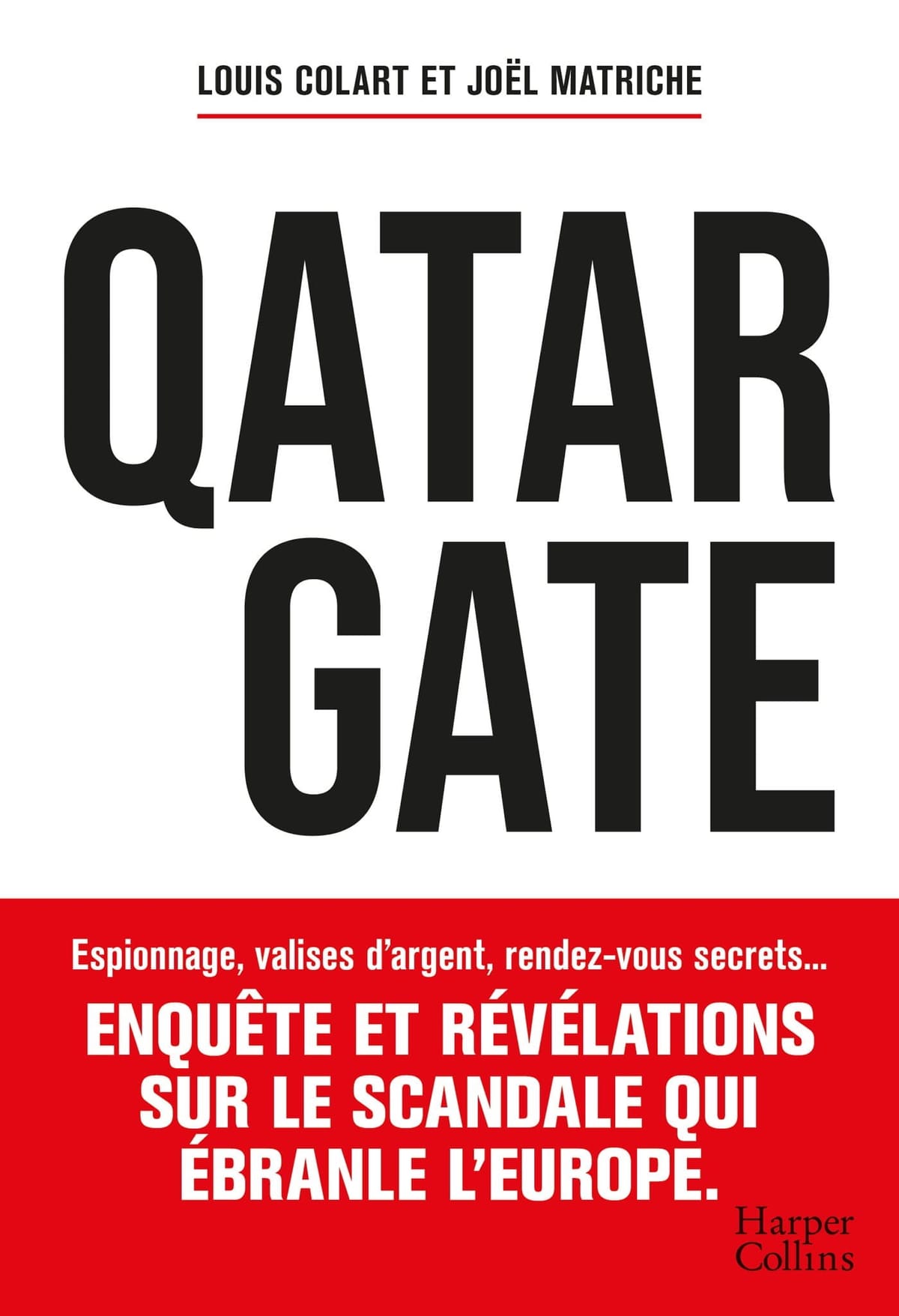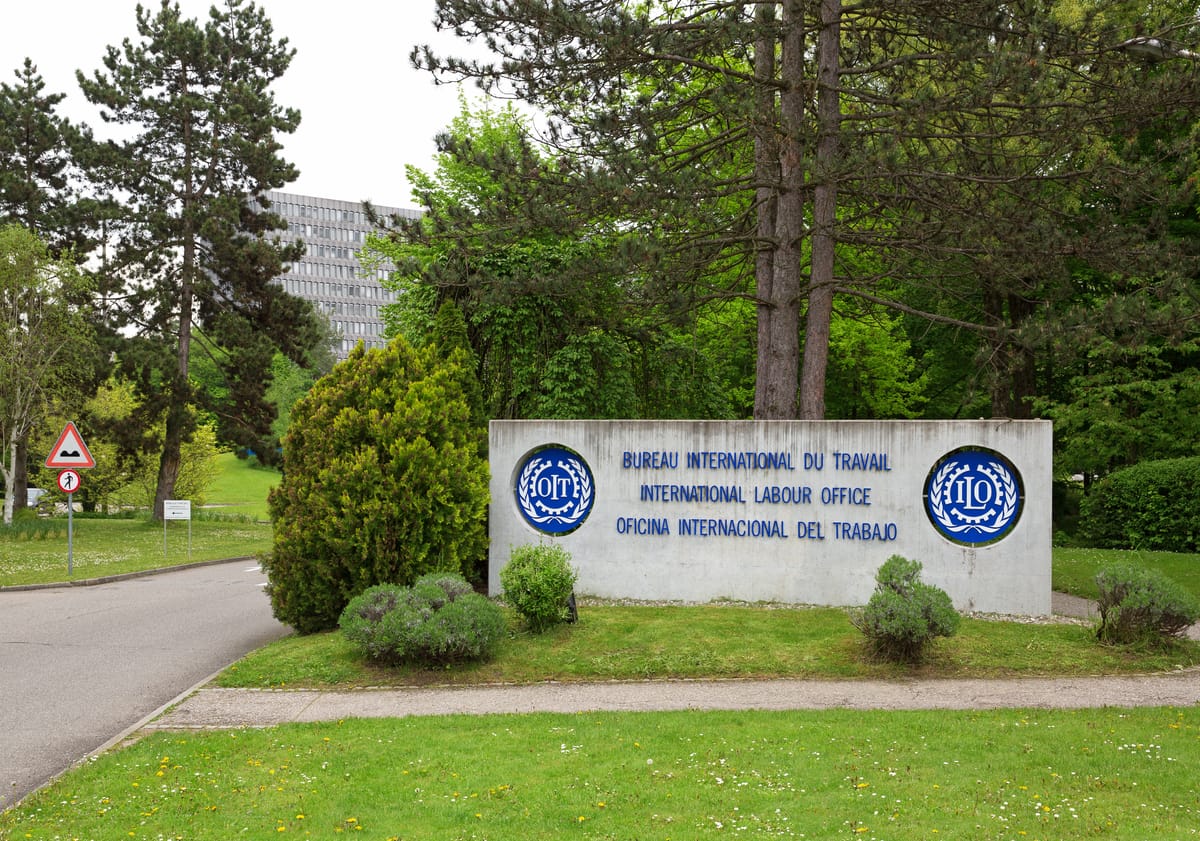Extremism From the River to the Sea
Carl Bildt | The two-state outcome remains the only viable option for peace between Israel and Palestine. Though it faces resistance, moderates can still prevail after the fighting ends, provided that they have support from the United States, the European Union, and the Arab states.
By Carl Bildt*
The reported death toll among Palestinians in Gaza now exceeds 25,000, and still there is no end in sight for the fighting, nor any clarity on Israel’s strategic objectives. Debates about what should eventually follow the war are intensifying. The United States has been increasingly vocal in its call for renewed efforts toward a two-state solution, which has been the policy of the European Union and most of the international community for years. The Arab Peace Initiative also aims to establish two states for the two peoples who reside between the Mediterranean Sea and the Jordan River.
But Israeli Prime Minister Binyamin Netanyahu has once again explicitly declared his opposition: “I will not compromise on full Israeli security control over all the territory west of Jordan – and this is contrary to a Palestinian state.” That confirms what many had long suspected: for years, his policies have sought to block all movement toward a two-state solution, and they have largely succeeded.
Unfortunately, proponents of a two-state solution do not hold a dominant position in the current public discourse, either in Israel or in the Palestinian territories. With the war raging, emotions are high, and extremists on both sides have benefited politically. There is a deepening sense of mutual enmity, and scant attention has been paid to the long-term possibilities for peace. But that eventually will change, potentially allowing for more constructive forms of discourse.
To be sure, moving from the current war toward a two-state future will not be easy. Border issues must be sorted out, along with the status of Jerusalem (perhaps the most sensitive aspect of the dispute for both sides). The extensive illegal Jewish settlements on occupied territory remain one of the largest and most obvious impediments to progress.
But an eventual two-state solution is not as unimaginable or as inconceivable as critics suggest. On the contrary, numerous blueprints are available. Some years ago, the US think tank RAND published a visionary research brief featuring “an arc” of Palestinian cities linked by modern rail to both Gaza in the south and the port of Haifa in the north.
The problem, of course, is that the two-state solution is not the only game in town. On the extreme ends of both the Israeli and Palestinian political spectrum, the preferred option is to create one state “from the river to the sea.” Depending on which side prevails, this would either be a Palestinian state that replaces (and thus extinguishes) the state of Israel, or it would be a Jewish state that has rejected the very idea of Palestinian statehood in the area.
Yes, in theory, one also could envisage a single state of Jews and Palestinians living peacefully together under a democratic political system that guarantees equal rights for everyone. In practice, however, that outcome would probably take centuries to achieve. Since we don’t have that kind of time, it really isn’t relevant.
Hamas’s version of “from the river to the sea” is also a non-starter. Not only does Israel have a right to defend itself, but its existence is firmly supported by the international community, as well as much of the Arab world. While Hamas’s military wing continues to advocate its fanciful option, its political leaders have sometimes spoken of accepting a long-term ceasefire (“hudna”), implying de facto recognition of the “Zionist entity.”
The extreme Israeli version of “from the river to the sea,” now explicitly favored by elements of Netanyahu’s government, calls for measures to “encourage” the more than five million Palestinians living in Gaza and the West Bank to leave. With the few who remain being deprived of political rights, the result would be a state built on a combination of ethnic cleansing and explicit apartheid. But this path most likely would lead to renewed outbursts of violence and conflict, plunging the region into even more chaos.
While Netanyahu has voiced his opposition to a two-state solution, he has not made it even remotely clear what outcome he would favor. Lacking direction and stumbling from one crisis to the next, he – deliberately or not – is taking Israel down the one-state road favored by his most extreme allies, and thus ever further away from a possible peace.
Given the alternatives – which cannot even be called “solutions” – a two-state outcome remains the only viable option for peace. Once the current fighting ends (the sooner the better), all diplomatic and reconstruction efforts must concentrate on putting the region back on the two-state path. There will be resistance from the respective extremists chanting “from the river to the sea,” but one hopes that moderates on each side can eventually prevail with support from key players like the US, the EU, and the Arab states. They, and they alone, can credibly claim to know which path will lead to peace.

*Carl Bildt is a former prime minister and foreign minister of Sweden.
Copyright: Project Syndicate, 2024.
IN CASE YOU MISSED OUR LAST BRIEFING

Related content



